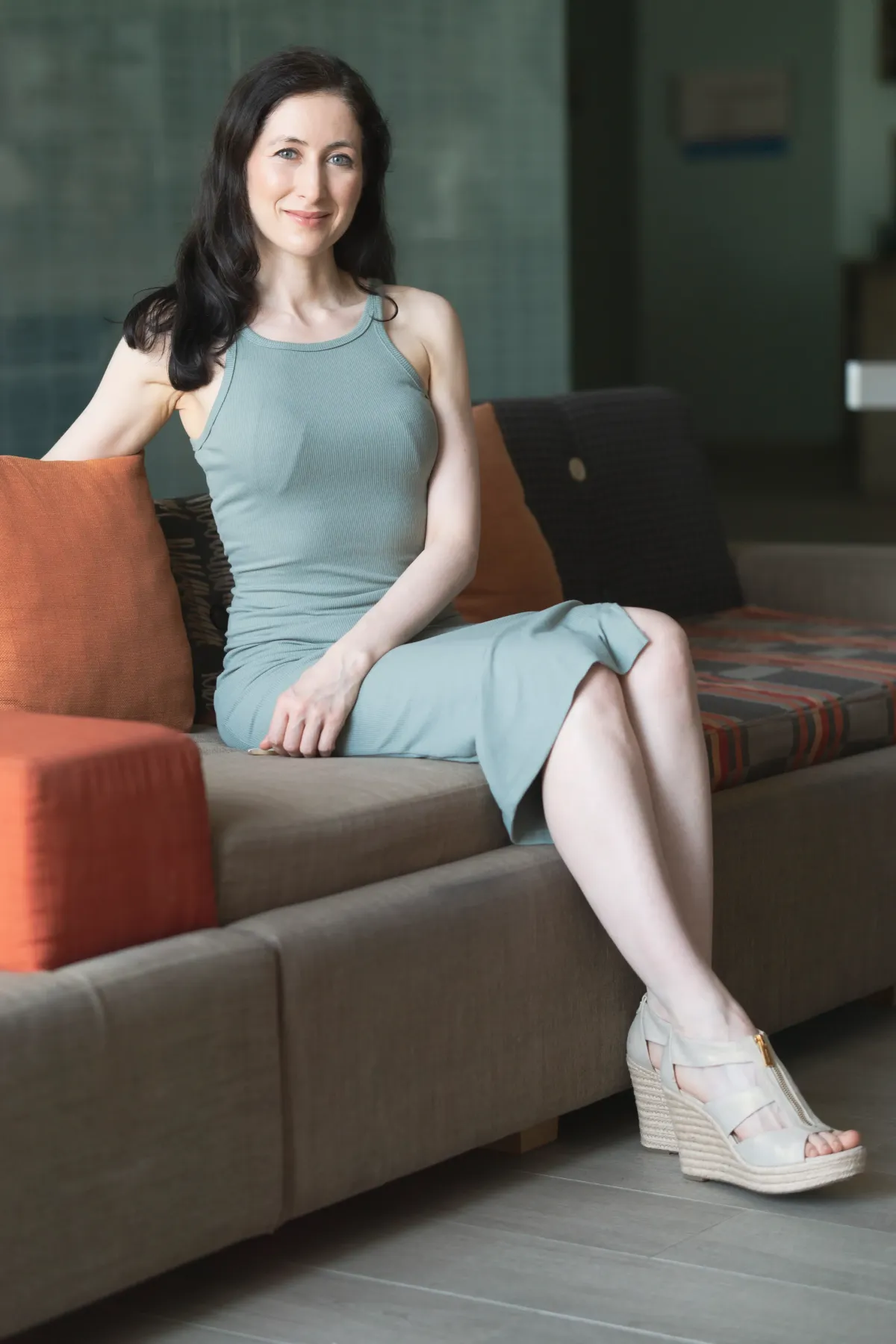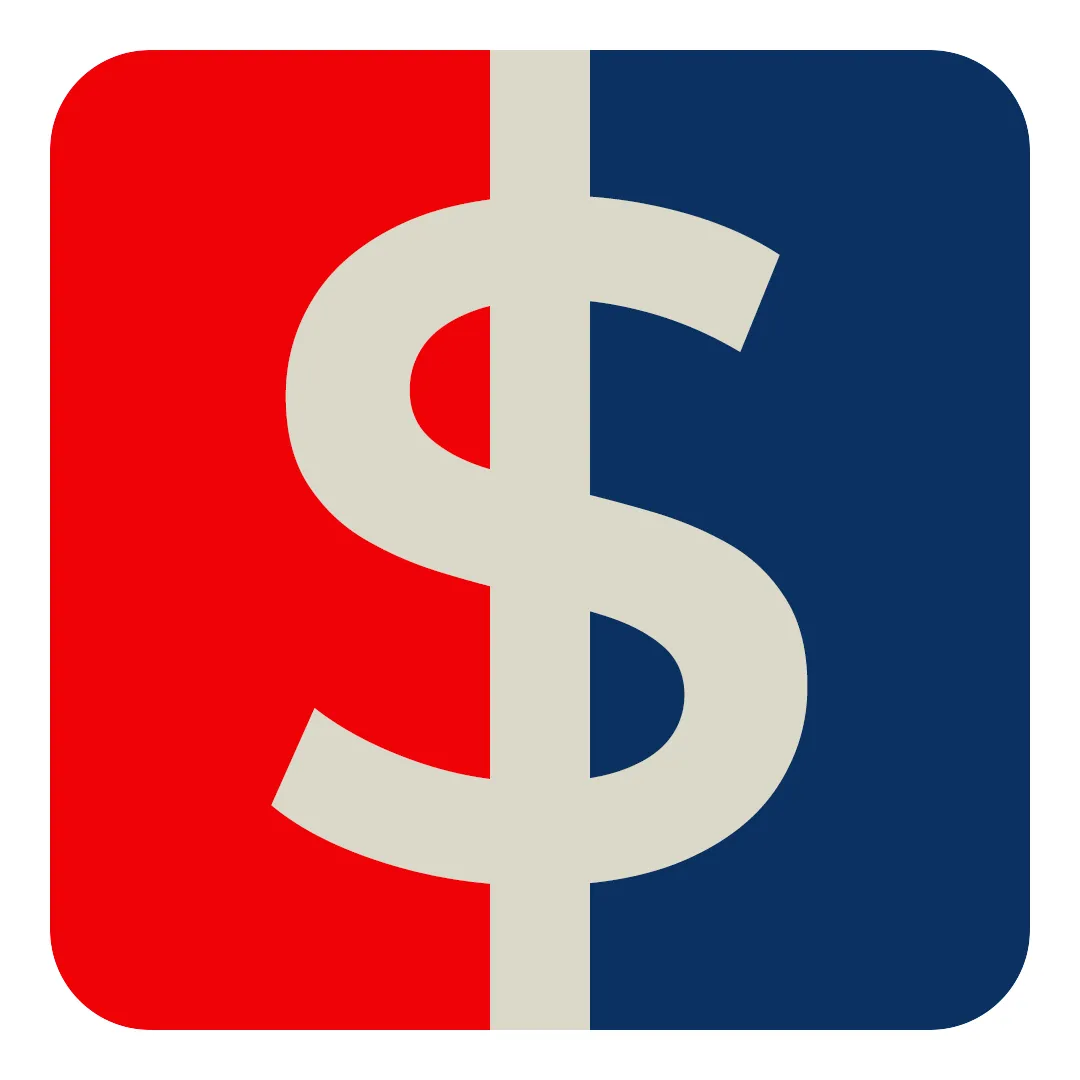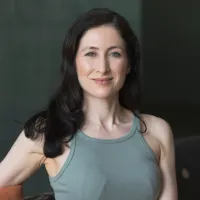BLOG
Your weekly dose of helpful tips and stories for your career and business.
BLOG
Your weekly dose of helpful tips and stories for your career and business.

5 Myths About Competitive Advantage (Part 2)
This week we continue speaking about how to think about what should be your SUSTAINABLE competitive advantage and comparative advantage as you are building your career or business.
Developing a sustainable and realistic competitive advantage and comparative advantage in your career is challenging. Everyone reading this understands how difficult and tiresome it is to renew your profile so that you remain attractive to your organization and clients on a daily, weekly, and yearly cycle.
If you missed an earlier post, please read it first before reading today's post. We are building on the earlier post where we introduced you to a client, his issue, and started sharing with you our response to the client's question. Today, I will continue to share with you our response to that client's question. I am going to list some of the myths about competitive advantage which will also be applicable to YOUR career or YOUR company.
Myth 1: Your strength and competitive advantage is the same thing
This is probably the most common misunderstanding about competitive advantage. What you are strong at is usually not your competitive advantage. Let me explain this in a simple way.
You are good at building financial models and explaining them. I agree with this. I have seen your work and you are good.
Yet, why are you good?
Is it because you have an ability to synthesize large amounts of data and explain it in concrete terms? Is it because you have the ability to take intangible concepts and reduce them to concrete numbers?
In this situation, you are strong at financial analyses because you are applying your competitive advantage here. The financial analysis is not your comparative advantage (see below). In fact, you are probably applying your competitive advantage to the area which will not generate the optimal return on your effort. This is a key point.
People do this routinely. They do what makes them look good, versus focusing on what they should be good at. So, your strength is financial analysis because your competitive advantage allows you to be strong there.
The obvious question is, what if you applied this competitive advantage somewhere else where it gave you a higher return?
Myth 2: Competitive advantage is important
Actually, comparative advantage is important. It is more important than competitive advantage or absolute advantage. A few clever guys won the Nobel Prize for this concept to explain trade between nations.
To your career, it applies like this. Let's assume you are the best person in the whole of Google at building financial models. Is that good for your career? Maybe. We cannot yet say. Though, we know it is good for Google.
We need to check one more thing.
So you have the best financial modeling skills at Google, but is that the skill that generates the greatest return for you? What if you had another skill, which was ranked second on your list of strong skills but created more advantage to you if you went ahead with this skill.
This is the principle of comparative advantage. You should not focus on what you are best at relative to everyone else, but what creates the most advantage to you, even if you are second best at it, or third best.
Most people are scared to walk away from an area where they have built a modicum of success because they fear losing momentum. It is also counter-intuitive and that scares them.
When you compare your competitive advantages to others on a value basis, then you are doing an analyses of comparative advantage.
Myth 3: What you like signals your competitive advantage
This is an easy trap to get into. Your competitive advantage sits underneath or supports your career. This is an important distinction. It is not what you do.
If you get up in the morning and think you will spend all your time on your competitive advantage because that will be your career, you are sadly mistaken. Your competitive advantage is not what you do, but how you organize yourself to accomplish what you set out to do.
We compound this misunderstanding by selecting what we like to do. We rationalize this by thinking that since we have to spend so much time on our competitive advantage, it might as well be what we like doing.
I agree your career must be built around what you enjoy doing, but the competitive advantage that propels that career may very well be difficult to sustain and not a whole lot of fun.
Let’s look at an example of this.
I read a story about the actress Naomi Watts who does not like stunt doubles for tough scenes since being away from the experience does not allow her to internalize the role. For one movie, she spent over 15 hours in the water at night shooting a scene and almost became ill. You can imagine how she needs to organize her life to achieve her goals.
The organization part touches on what is a competitive advantage but that is explained later.
The point is her great acting is an outcome of having this competitive advantage, and it is clearly not fun at times. The acting is fun, but honing the competitive advantage may not be.
The distinction here is that she is an actress and that is what she does. Her competitive advantage is not her physical features, voice, or skills, but the way she organizes her life to be a great actress.
Myth 4: Competitive advantages are easy to measure
This is directly linked to my comments earlier about how we, as relatively lazy and impatient people, like simple and quick answers. We hire consultants and say tell me the 5 reasons why my competitor is cleaning my clock in this market.
Now, unless we get the 5 reasons with clear targets, we get angry and replace the consultants. Certainly, some competitive advantages are probably easy to measure this way, but most are not easy to measure in any clear way.
If you are unlucky enough to have a competitive advantage that is easy to measure then it is easy to replicate. That is a sad fact. If your only skill is financial modeling and presenting, then I am guessing about 20% of every MBA intake in every school in the world is gunning to displace you at that skill and unless you have some unique way to improve it, someone will eventually succeed, and you will be displaced.
This alludes to the point that a sustainable career competitive advantage is rarely simple. If it was, it can be easily explained and easily copied. And that is not a competitive advantage worth investing in.
Michael Porter wrote an excellent piece about Southwest Airlines’ competitive advantage, which I agree with. It has nothing to do with metrics, because the airline has been benchmarked to death, and yet very few peers are catching up to it.
Myth 5: You can have more than one competitive advantage
Let’s explain why this is a myth. A company, like a person, must be organized around its competitive advantage: changing the structure, governance, investments, recruiting, training, marketing, supply chains etc., to sustain the competitive advantage.
If the company does a great job at this, everything is tightly wound together, synchronized and works well. If you have two competitive advantages, how do you organize one company to perfectly fit around them both? A company cannot be perfectly organized around two or three things. It can only be imperfectly organized around more than one thing.
Of course, this leads to the 6th myth that competitive advantage is a “thing.”
I hope you are enjoying these thoughts and next in this series of emails we will dive into exploring more what is a competitive advantage and what should be your SUSTAINABLE competitive advantage and comparative advantage.
Take care,
Kris
P.S. If you would like to receive sample episodes from our strategy, problem-solving, leadership, consulting practice building and communication training programs on StrategyTraining.com, you can get it here.
A version of this article was originally published on FIRMSconsulting.com.

5 Myths About Competitive Advantage (Part 2)
This week we continue speaking about how to think about what should be your SUSTAINABLE competitive advantage and comparative advantage as you are building your career or business.
Developing a sustainable and realistic competitive advantage and comparative advantage in your career is challenging. Everyone reading this understands how difficult and tiresome it is to renew your profile so that you remain attractive to your organization and clients on a daily, weekly, and yearly cycle.
If you missed an earlier post, please read it first before reading today's post. We are building on the earlier post where we introduced you to a client, his issue, and started sharing with you our response to the client's question. Today, I will continue to share with you our response to that client's question. I am going to list some of the myths about competitive advantage which will also be applicable to YOUR career or YOUR company.
Myth 1: Your strength and competitive advantage is the same thing
This is probably the most common misunderstanding about competitive advantage. What you are strong at is usually not your competitive advantage. Let me explain this in a simple way.
You are good at building financial models and explaining them. I agree with this. I have seen your work and you are good.
Yet, why are you good?
Is it because you have an ability to synthesize large amounts of data and explain it in concrete terms? Is it because you have the ability to take intangible concepts and reduce them to concrete numbers?
In this situation, you are strong at financial analyses because you are applying your competitive advantage here. The financial analysis is not your comparative advantage (see below). In fact, you are probably applying your competitive advantage to the area which will not generate the optimal return on your effort. This is a key point.
People do this routinely. They do what makes them look good, versus focusing on what they should be good at. So, your strength is financial analysis because your competitive advantage allows you to be strong there.
The obvious question is, what if you applied this competitive advantage somewhere else where it gave you a higher return?
Myth 2: Competitive advantage is important
Actually, comparative advantage is important. It is more important than competitive advantage or absolute advantage. A few clever guys won the Nobel Prize for this concept to explain trade between nations.
To your career, it applies like this. Let's assume you are the best person in the whole of Google at building financial models. Is that good for your career? Maybe. We cannot yet say. Though, we know it is good for Google.
We need to check one more thing.
So you have the best financial modeling skills at Google, but is that the skill that generates the greatest return for you? What if you had another skill, which was ranked second on your list of strong skills but created more advantage to you if you went ahead with this skill.
This is the principle of comparative advantage. You should not focus on what you are best at relative to everyone else, but what creates the most advantage to you, even if you are second best at it, or third best.
Most people are scared to walk away from an area where they have built a modicum of success because they fear losing momentum. It is also counter-intuitive and that scares them.
When you compare your competitive advantages to others on a value basis, then you are doing an analyses of comparative advantage.
Myth 3: What you like signals your competitive advantage
This is an easy trap to get into. Your competitive advantage sits underneath or supports your career. This is an important distinction. It is not what you do.
If you get up in the morning and think you will spend all your time on your competitive advantage because that will be your career, you are sadly mistaken. Your competitive advantage is not what you do, but how you organize yourself to accomplish what you set out to do.
We compound this misunderstanding by selecting what we like to do. We rationalize this by thinking that since we have to spend so much time on our competitive advantage, it might as well be what we like doing.
I agree your career must be built around what you enjoy doing, but the competitive advantage that propels that career may very well be difficult to sustain and not a whole lot of fun.
Let’s look at an example of this.
I read a story about the actress Naomi Watts who does not like stunt doubles for tough scenes since being away from the experience does not allow her to internalize the role. For one movie, she spent over 15 hours in the water at night shooting a scene and almost became ill. You can imagine how she needs to organize her life to achieve her goals.
The organization part touches on what is a competitive advantage but that is explained later.
The point is her great acting is an outcome of having this competitive advantage, and it is clearly not fun at times. The acting is fun, but honing the competitive advantage may not be.
The distinction here is that she is an actress and that is what she does. Her competitive advantage is not her physical features, voice, or skills, but the way she organizes her life to be a great actress.
Myth 4: Competitive advantages are easy to measure
This is directly linked to my comments earlier about how we, as relatively lazy and impatient people, like simple and quick answers. We hire consultants and say tell me the 5 reasons why my competitor is cleaning my clock in this market.
Now, unless we get the 5 reasons with clear targets, we get angry and replace the consultants. Certainly, some competitive advantages are probably easy to measure this way, but most are not easy to measure in any clear way.
If you are unlucky enough to have a competitive advantage that is easy to measure then it is easy to replicate. That is a sad fact. If your only skill is financial modeling and presenting, then I am guessing about 20% of every MBA intake in every school in the world is gunning to displace you at that skill and unless you have some unique way to improve it, someone will eventually succeed, and you will be displaced.
This alludes to the point that a sustainable career competitive advantage is rarely simple. If it was, it can be easily explained and easily copied. And that is not a competitive advantage worth investing in.
Michael Porter wrote an excellent piece about Southwest Airlines’ competitive advantage, which I agree with. It has nothing to do with metrics, because the airline has been benchmarked to death, and yet very few peers are catching up to it.
Myth 5: You can have more than one competitive advantage
Let’s explain why this is a myth. A company, like a person, must be organized around its competitive advantage: changing the structure, governance, investments, recruiting, training, marketing, supply chains etc., to sustain the competitive advantage.
If the company does a great job at this, everything is tightly wound together, synchronized and works well. If you have two competitive advantages, how do you organize one company to perfectly fit around them both? A company cannot be perfectly organized around two or three things. It can only be imperfectly organized around more than one thing.
Of course, this leads to the 6th myth that competitive advantage is a “thing.”
I hope you are enjoying these thoughts and next in this series of emails we will dive into exploring more what is a competitive advantage and what should be your SUSTAINABLE competitive advantage and comparative advantage.
Take care,
Kris
P.S. If you would like to receive sample episodes from our strategy, problem-solving, leadership, consulting practice building and communication training programs on StrategyTraining.com, you can get it here.
A version of this article was originally published on FIRMSconsulting.com.
Do you prefer videos?
Watch them on the go.

Hi! My name is Kris.
I am a former classical concert pianist, MBA, corporate banker managing <$1B portfolio, WSJ bestselling author and management consultant. I am now an entrepreneur.
Follow me on:
Do you prefer videos?
Watch them on the go.
Hi! My name is Kris.
I am a former classical concert pianist, MBA, corporate banker managing <$1B portfolio, WSJ bestselling author and management consultant. I am now an entrepreneur.

Follow me on:
Be the first to know.
Join our mailing list and get notified when we publish a new blog. You can also receive resources, stories, tips and promos designed for career and business growth.
Be the first to know.
Join our mailing list and get notified when we publish a new blog. You can also receive resources, stories, tips and promos designed for career and business growth.




